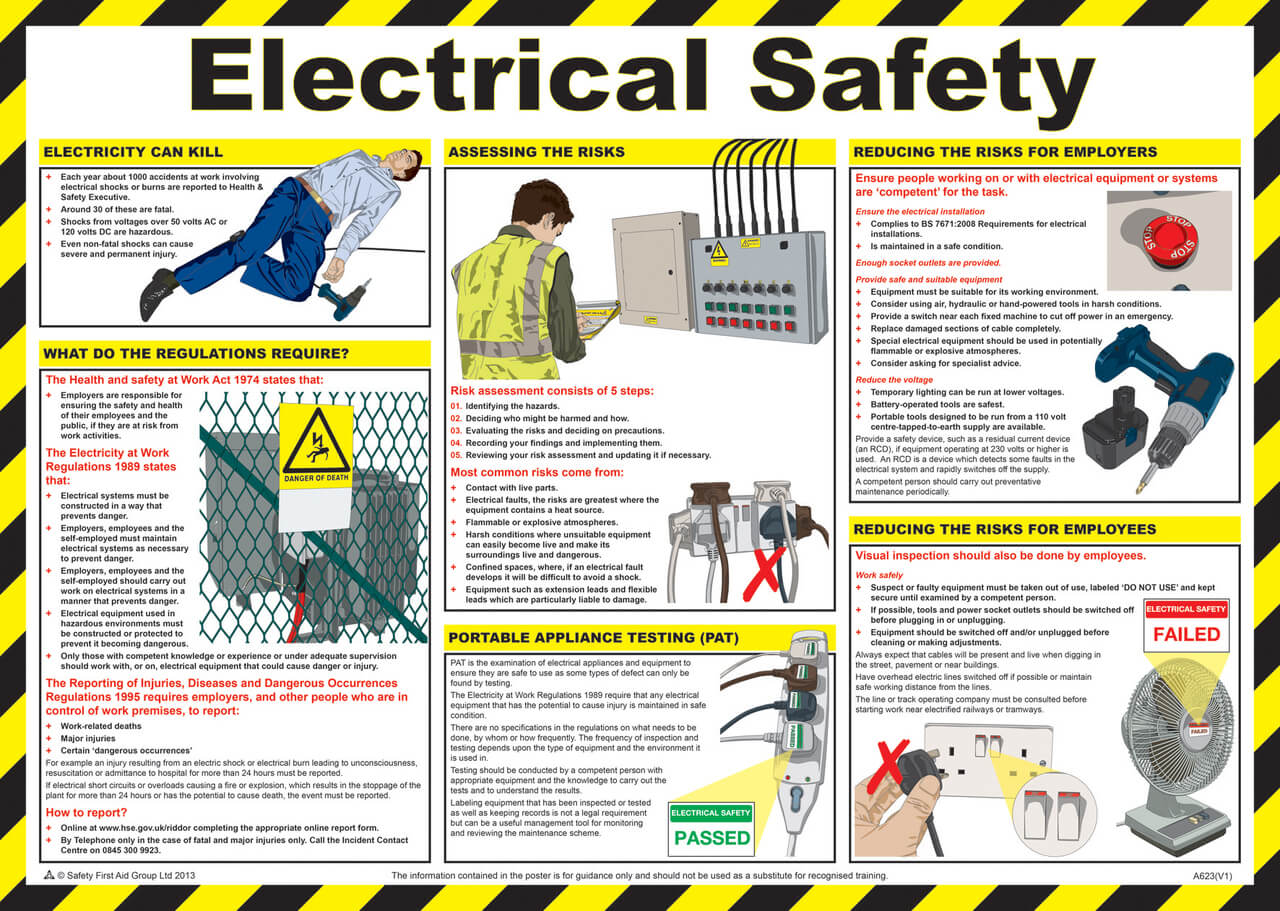Table of Content
This person might be a nurse, a discharge coordinator or a social worker. They will help you with the application form and send it to your local HSE Home Support Office. You will deal directly with the HSE Approved Provider of your choice to arrange days and times of services that meet your essential care needs. The HSE will then arrange for an assessment of the types of support you might need carried out by a healthcare professional.

If you are unable to complete the form yourself, you could ask someone else to do it for you. This could be a family member, your doctor or a public health nurse for example. Not all home care providers offer all the different types of home care services. This short guide will provide an overview of the different types of home care.
Who can apply for the Home Support Service?
Returning to Ireland to care for a family member This page includes information on returning to Ireland to care for a family member. Return the completed application form to your local Home Support Office. Staff in your local office can help you if have questions or need help filling in the form.

Contact a health care provider if you have questions about your health. As the home health care industry continues to skyrocket in popularity, services are becoming increasingly specialized to cater to a highly individualized clientele. Now easier than ever is the ability to find in-home health care assistance to fit your distinct needs.
Home Care Organization Complaints
If you are approved for a Home Support Service and HSE staff are not available to deliver the service, then a provider who has been approved by the HSE, will deliver the home support to you. Sometimes exceptions are made for people younger than 65 who may need support. You might, for example, decide that you wish to top up the number of hours of homecare you receive using your own funds. Choosing your provider means you can stick with the same service regardless of how it gets paid for. The Home Support Service is open to those aged 65 or over who may need support to carry on living at home or to return home after being in hospital. In some circumstances, the service might be available to younger people in need of support, for example, those with early-onset dementia or with a disability.

With the abundance of in-home health care businesses in existence, it is relatively simple and straightforward process to procure affordable services that are perfect for you. Ability to conveniently schedule visits with highly skilled nursing care within the comforts of their own home with professionals trained to use high-tech medical equipment and administer therapies. The assessment will be done by a healthcare professional such as a public health nurse or physiotherapist. The Health Service Executive provides community care and home care supports at local level, including the Home Support Service.
Privacy & Support
Care is customized to your individual needs and may include services from one or more of the types described. Contacting a provider to discuss your needs can help determine what care is best for you. Certified Home Health Agencies provide part-time, intermittent health care and support services to people who need intermediate and skilled health care. For countless families, home health care is a fundamentally essential and critically important service that is far preferred to placing their aging, disabled, or chronically ill loved one in a hospital or nursing home setting. Personal care aides provide companionship to patients in the form of conversation, watching movies together, exercise, reading, meal-time and more. They may also provide housekeeping services and engage in a range of ADL-style tasks.
Home care includes any professional support services that allow a person to live safely in their home. In-home care services can help someone who is aging and needs assistance to live independently; is managing chronic health issues; is recovering from a medical setback; or has special needs or a disability. Professional caregivers such as nurses, aides, and therapists provide short-term or long-term care in the home, depending on a person's needs.
Many assistance options available that are not limited to medical and healthcare. Available home care services can include help with tasks, chores, and general housework. You can complete the application form yourself or you can ask someone to complete it for you, for example, a family carer, GP or public health nurse.
Take a short survey to see if you might be eligible for this or 30 other programs. Physical therapists use a range of physical therapies and treatments to promote health, functionality, mobility, and improve physical impairment. Monitoring chronic conditions, serious illness and unstable health problems such as pneumonia, COPD and diabetes. Interface and maintain communication with your doctor to keep abreast on your latest health developments, prescription changes, and more.
A physician assistant is an integral part of a comprehensive health care team composed of supervising doctors/physicians and other providers and healthcare professionals. Home care is a health service provided in the patient's home to promote, maintain, or restore health or lessen the effects of illness and disability. Services may include nursing care, speech, physical and occupational therapies, home health aide services and personal care services. Services may include nursing care; speech, physical and occupational therapies; home health aide services and personal care services. Primary care centres provide health and social care services in your community.
The HSE will occasionally review the services you are receiving and may increase or decrease the supports you are getting, depending on your care needs, or the supports may remain the same. If your situation changes, you must notify the local HSE Home Support Office if this affects your need for home support. You do not need a medical card to apply and your income will not be assessed. However, if you arrange additional home supports, over and above the level funded by the HSE, you will have to pay for these. If you are in hospital, ask the person dealing with your discharge plan about applying.
If you apply for, and are approved for CDHS, after your care needs assessment, you will receive a letter from the HSE approving a weekly amount of funding. You can use this to arrange home support from the approved providers you choose. Expert in-home care administered by home health care professionals will not only prevent rehospitalization but will reduce the chances of a senior or disabled patient requiring placement within a nursing home setting.

No comments:
Post a Comment